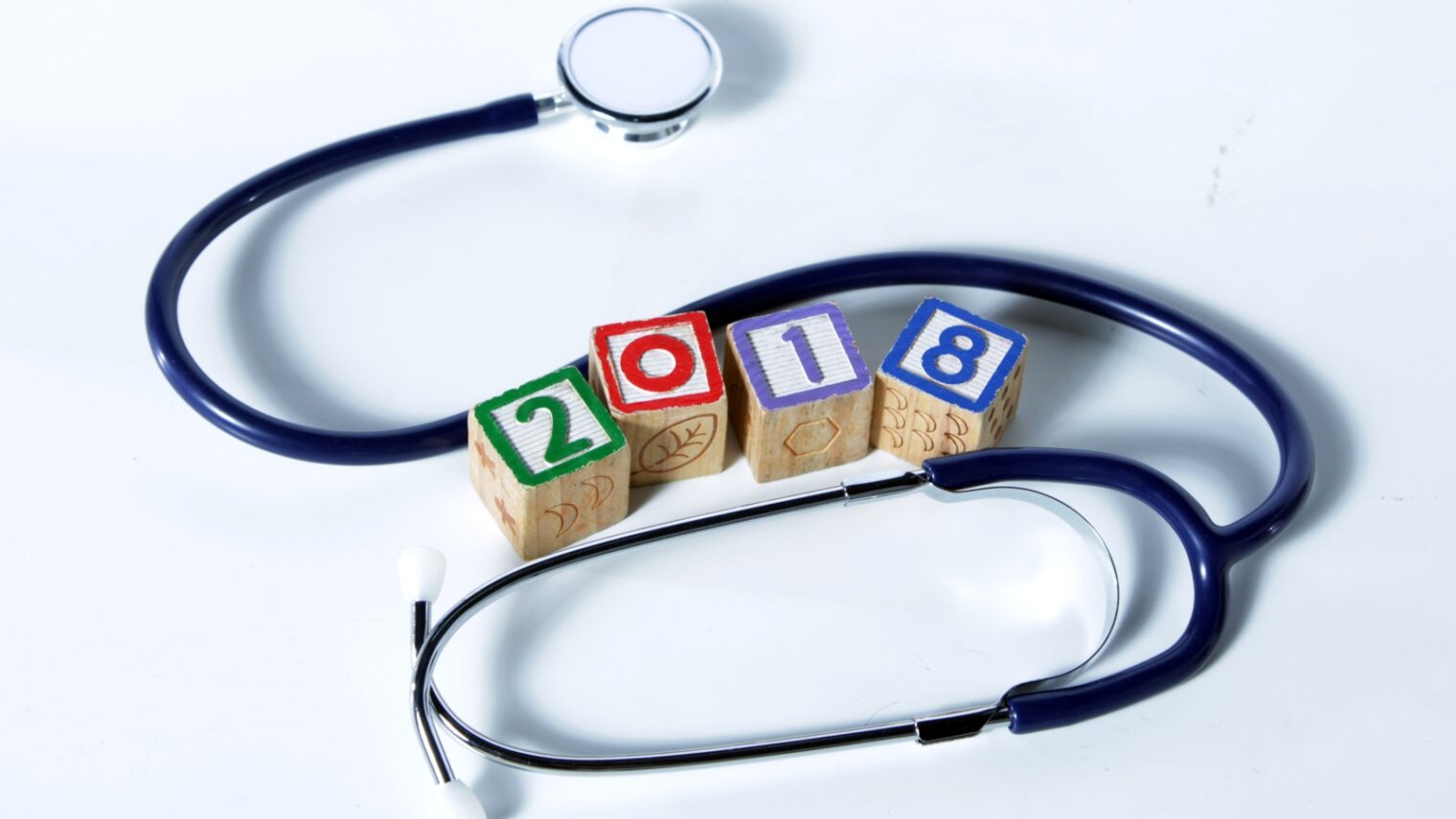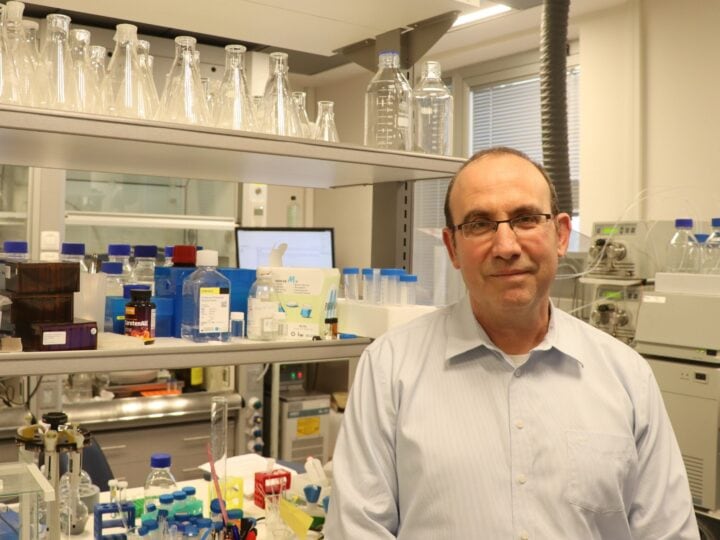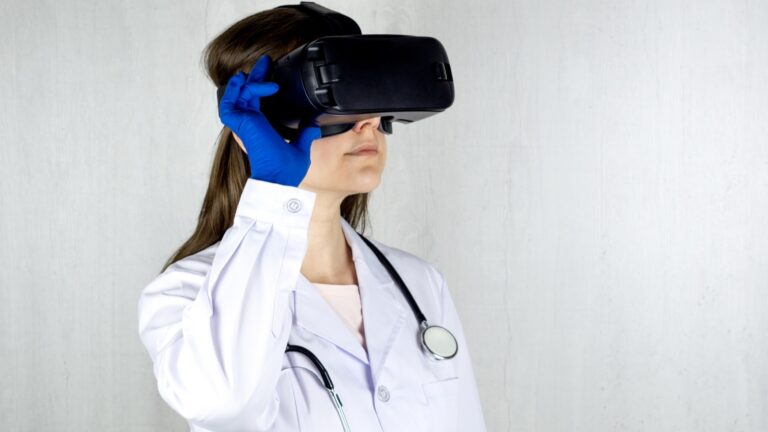Israel boasts about 1,350 active companies in the life-sciences fields of medical devices, biopharma, therapeutics, diagnostics and digital health. What’s the prognosis for this major Israeli sector in the coming year?
According to the 2017 year-end report from Israel Advanced Technology Industries (IATI), 38 percent of Israel’s active life-sciences companies are in the revenue stage. Medical devices, therapeutics and healthcare IT are the largest sub-sectors.
IATI sees increasing interest and investment from China for Israeli life-sciences innovation as the Chinese are reforming public-health services “to better care for the massive number of elderly people and booming urban populations.”
Sixty life-science stocks are listed on the Tel Aviv Stock Exchange, with 21 dually listed on foreign markets. However, IATI noted that the market share of medical-device companies trended down to 42% in 2016 from 53% in 2014.
“The last few years have not been kind to the worldwide medical-device industry, with lower returns for investors because it costs more and takes longer to get a product to the finish line,” former Boston Scientific Cardiology Division president and life-sciences entrepreneur-investor Mike Berman tells ISRAEL21c. “I don’t see that changing dramatically in 2018, but it could revive.”

Though Israel’s medical-devices sector boasts hundreds of startups as well as mid-cap companies with revenue between $10 million and $300 million, “there aren’t yet any large-cap medical-device companies here because Israel hasn’t been in the business long enough,” says Berman, who moved to Israel five years ago.
Nevertheless, of the nine Israeli life-sciences companies of which Berman is a board member, eight develop medical devices: Mazor Robotics, Angioslide, Cardiosonic, Clearcut Medical, Endospan, InspireMD, PulmOne and SoniVie. (The ninth company, Owlytics Healthcare, is in the personalized digital medicine space.)
A featured lecturer in a recent three-day course at Lahav Executive Education of Tel Aviv University for Israeli biomed CEOs entitled “Healthcare Technological Innovation: From Idea to Commercialization,” Berman remains upbeat about the local industry.
“The Israeli scene is characterized by very inventive and out-of-the-box thinking by physicians and technical inventors. They’re a little more bold than American companies on average, and more capital-efficient — they will get more done on a million dollars than a company would in the United States. A vibrant ecosystem of talent has developed here on designing devices and core technologies,” he says.
Biopharma looking good
Things look particularly rosy for Israeli biopharma companies.
According to the Israel Export and International Cooperation Institute, pharmaceutical product exports from Israel in 2016 reached $6.9 billion (out of $44 billion of industrial export from Israel), a 1.5% increase over 2015.
“Biotech has been flourishing here over the past decade, with many big inventions and discoveries driving innovation in oncology and other areas,” says Berman. “Really successful companies get acquired for a lot of money, such as Kite Pharma.”
Kite, a California-based personalized cancer immunotherapy company spun out of technology licensed from the Weizmann Institute of Science in Rehovot, was acquired for $11.9 billion by Gilead Sciences last August.
The IVC Research Center in Tel Aviv picked two oncology biopharma companies, Novocure and Gamida Cell, as the Israeli life-sciences firms most likely to make financial headlines in 2018.

















